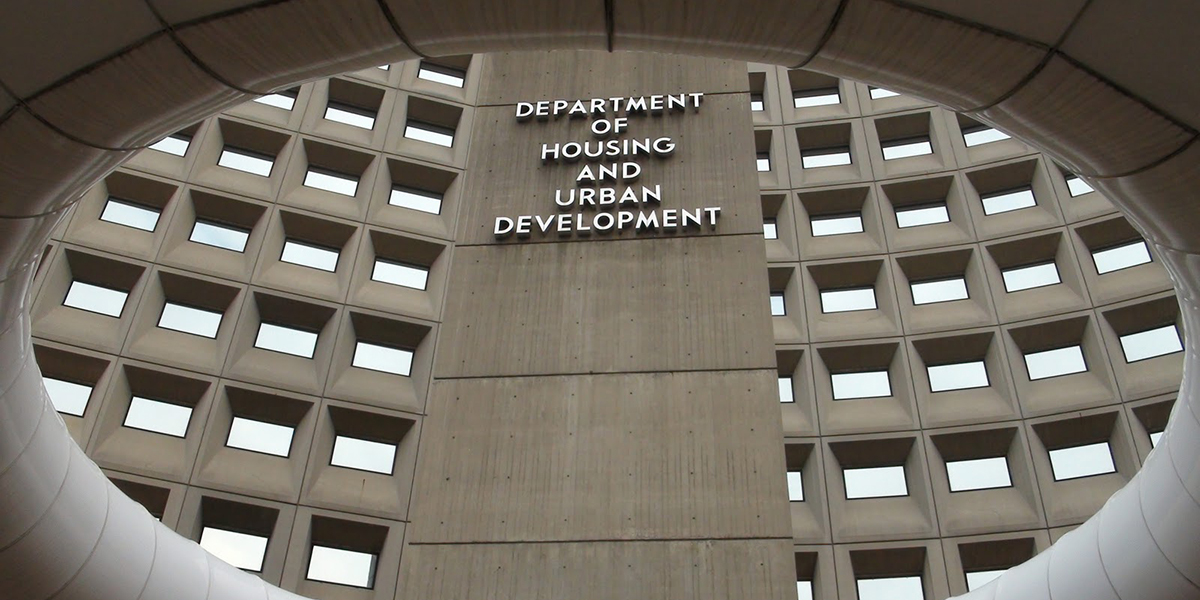Federal Funding & Policy

KCHA is not a federal agency, but we receive federal funding through the US Department of Housing and Urban Development (HUD). This funding is determined by the US Congress.
2026 Federal Budget
On February 2, 2026, Congress passed a budget that includes funding for HUD’s housing programs through September 2026, which is the end of the federal fiscal year.
This year’s HUD funding package includes $77.3 billion for HUD programs in all 50 states and US territories, an increase from last year.
KCHA uses federal funding to operate many of the housing programs found on this website. Our staff is still analyzing how the federal funding will impact our local programs.
The president’s proposals for work requirements and time limits for housing assistance were not included in the HUD funding bill.
However, people should be aware that there are new work and eligibility requirements for Medicaid and Apple Health. Check your eligibility with the WA Health Care Authority.
Other programs that affect KCHA clients were funded in separate bills passed in November 2025. Under those agreements:
- SNAP food benefits are funded through September 2026, however, there were budget cuts and changes to SNAP in a previous law signed by President Trump.
- Veterans’ programs are funded through September 2026.
This budget ends the federal government shutdown. In the future, if there is another federal shutdown at the end of September, 2026, KCHA will continue to operate with regular hours and operations and will post updates here.
Emergency Housing Vouchers (EHVs)
EHVs were provided to people who were experiencing homelessness during the COVID-19 pandemic. EHVs were paid for by temporary American Rescue Plan funds. KCHA currently serves about 540 households with these vouchers.
In March 2025, HUD told KCHA that federal funding for EHVs will run out in 2026 instead of in 2030. Because federal funding will run out, KCHA's will no longer have funding for EHVs at the end of 2026.
KCHA's goal is to keep people housed, and prevent returns to homelessness, even though the federal funding is running out. KCHA is working with people who have EHVs to explore options for contiunued housing assistance. If you have an EHV through KCHA, please contact your housing specialist.
Citizenship Status & Housing Eligibility
It has always been the rule that housing assistance is provided only to people who are U.S. citizens, Lawful Permanent Residents (green card holders), and other people with lawful immigration status (such as asylees or refugees). The Department of Homeland Security and HUD have signed an agreement to reinforce this rule.
The agreement does not change any laws or current HUD rules, however, it signals that the rules could change in the future. HUD has also signaled that it may end eligibility for mixed-immigration status households, where at least one person is a citizen or has legal status but other members of the household do not.
Households with mixed immigration statuses who believe they might be affected should seek advice from an immigration attorney or qualified non-profit agency. Local resources include the Washington Immigrant Solidarity Network, the NW Immigrant Rights Project, and King County Libraries Welcoming Centers.
What Does Housing Assistance Mean to You?
We want to hear from you!
Email media@kcha.org to share your story of how housing stability and the services KCHA provides have helped you, and what having a home means for you and your family. We might use your story on social media or to help advocate for federal funding.
You can call your congressional representatives at 202-224-3121 to tell them to support full funding for housing programs. You can also look up contact information for your elected officials at www.usa.gov/elected-officials.